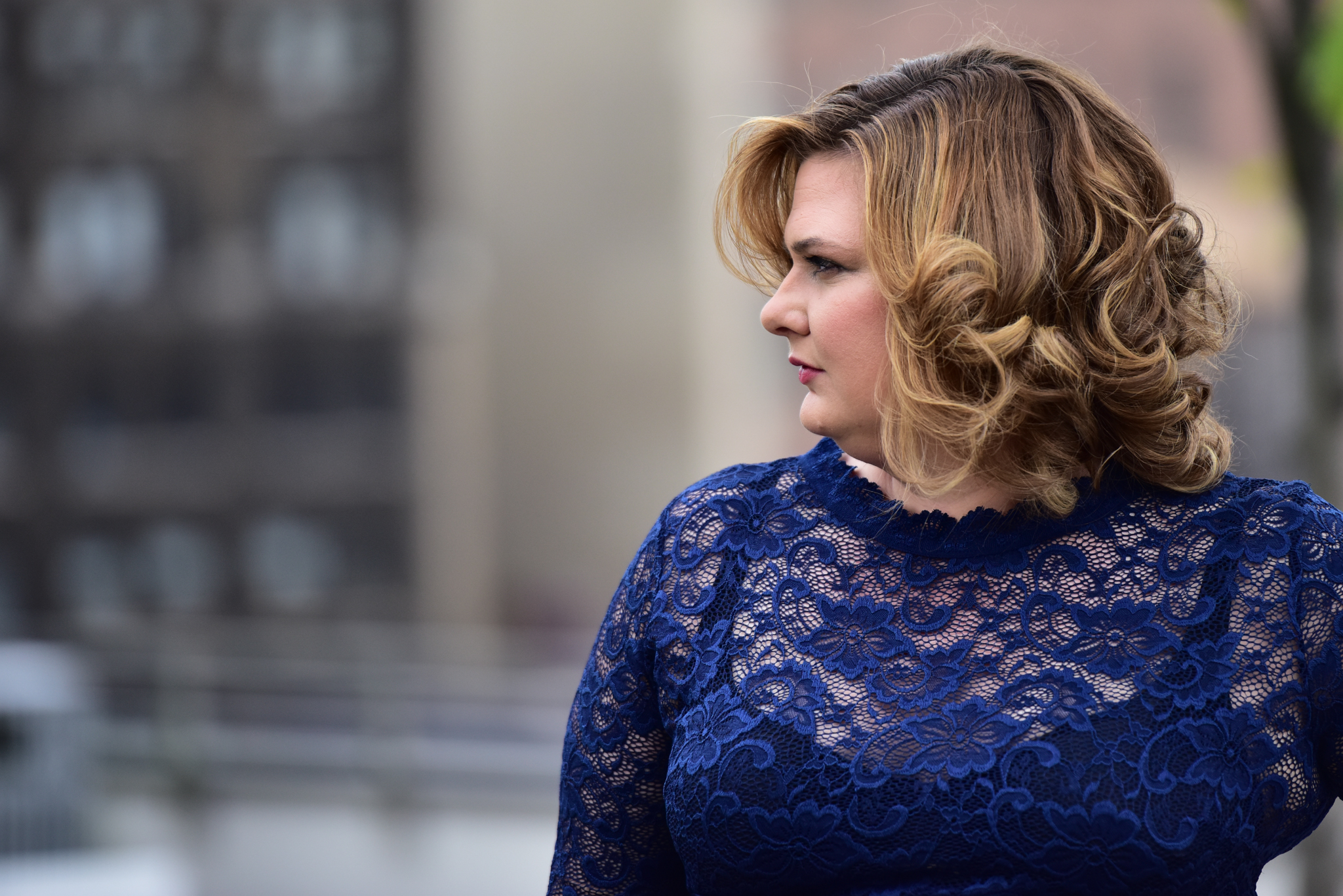



“The sun will rise again” is a digital concert series that reflects on the trauma of the Corona Quarantine with the aim of helping the audience to process their emotions from sadness into hope through music.
The program was conceived at the start of the corona crisis, when all was chaos, emotions were running high, and feelings of desolation and despair were running rampant. Naturally, the musical mood of the program leans towards those feelings, even as the world begins to pull itself together and begin working towards a new normal.
Although these are digital performances, the program has been curated and conceived as if it were a single concert performance. The first half of the program explores the emotions of those going through the shock and sadness of the initial quarantine period, regardless of if they contracted the virus themselves. It is about personal, internal struggle and eventual acceptance.
Dowland: Flow My Tears Dowland: In Darkess Let me Dwell Bach: Erbarme dich ( from the St. Matthew’s Passion) Verdi: L’esule Jackson: Afternoon on a Hill Beethoven: Nimm sie hin denn, diese Lieder
The second half represents the feelings of those directly affected by the Corona crisis, either through their own illness, or the tragedy of the loss of loved ones, and consists of pieces that mirror the sadness of suffering, death, and transcendence.
Schubert: Erlkönig Mahler: Kindertotenlieder
Mahler: Urlicht
Throughout the preparation and performance process, I will be writing in-depth about each piece of music, why it was chosen and how it affects me, and I invite the audience to participate by commenting with their opinions and experiences. I hope that through sharing our own experiences we will be able to find commonality and connection across distances in a world that is both borderless and inherently bounded by socially distant quarantine bubbles.
Although the Corona crisis has created a really difficult situation for the arts, it has also created a really interesting atmosphere in which artists have been moved to develop and collaborate with each other digitally. What would have been unacceptable in January 2020 (a classical singer recording with a track) is now necessary and seen as normal And, because this is a digital series, I am able to collaborate with many artists trans-continentally, when under normal circumstances I would be restricted to just one, locally. While nothing compares to the job of working with someone directly, this is a chance for a fascinating adventure in music making in a borderless world.
This project’s development is funded by the “Denkzeit” grant from Saxony’s Ministry of Culture. The “Denkzeit” grant is a 2-month residency in which artists were asked to reflect on the Corona crisis and create work relating to it.
Video performances will begin in August 2020, with the period before that a time for preparation and reflection - my “Denkzeit”.
I would also like to thank my collaborators for this project, to whom I am very grateful: Rupert Boyd, Markus Kaittila, Jesse Pieper and Stephen Jackson who have all given me their time, art, knowledge and considerable talents. You will find out more about them, their stories, and our collaboration as we move through the exhibition.
“Nun will die Sonne so hell aufgeh’n” ist eine digitale Konzertreihe, die die Coronakrise reflektiert, mit dem Ziel, bei der Verarbeitung der Emotionen des Zuhörers von Traurigkeit bis hin zu Hoffnung durch Musik zu helfen.
Das Programm wurde am Anfang der Coronakrise erdacht, als alles Chaos war, die Emotionen stark waren, und Gefühle von Verwüstung und Verzweiflung grassierten. Natürlich tendiert die musikalische Stimmung des Programms zu diesen Emotionen, während die Welt eine neue Normalität zu finden versucht.
Obwohl es digitale Beiträge sind, wurde das Programm wie ein einziges Konzert kuratiert und konzipiert. Die erste Hälfte des Programms untersucht die Emotionen von Menschen, die die Traurigkeit der ersten Phase der Coronakrise erlebt haben, unabhängig davon, ob sie sich mit dem Virus infiziert haben. Die Themen sind über den persönlichen inneren Kampf und die Akzeptanz der Situation.
Dowland: Flow My Tears Dowland: In Darkess Let me Dwell Bach: Erbarme dich ( from the St. Matthew’s Passion) Verdi: L’esule Jackson: Afternoon on a Hill Beethoven: Nimm sie hin denn, diese Lieder
Die zweite Hälfte repräsentiert die Gefühle der Leute, denen die Coronakrise direkt geschadet hat, entweder durch ihre eigene Krankheit, oder die Tragödie, geliebte Menschen zu verlieren. Sie besteht aus Stücken, die die Traurigkeit von Leiden, Tod und Transzendenz spiegeln.
Schubert: Erlkönig Mahler: Kindertotenlieder
Mahler: Urlicht
Während der Vorbereitung und Umsetzung werde ich ausführlich über jedes Musikstück schreiben: warum ich dieses Stück ausgewählt habe, wie es mich beeinflusst, welche Wirkung es auf mich hat. Ich lade die Zuhörer ein, mir ihre Meinungen und Erlebnisse mitzuteilen. Ich hoffe, dass wir durch dieses gemeinsame Erlebnis eine Verbindung finden können in einer Welt, die sowohl ohne Grenze als auch in sich durch Social Distancing begrenzt ist.
Obwohl die Coronakrise eine komplizierte Situation für die Künste geschaffen hat, hat sie auch eine interessante Atmosphäre für Künstler/innen hervorgebracht, in der neue Wege für Kollaborationen entwickelt werden konnten. Was im Januar 2020 unzulässig war (zum Beispiel, eine klassische Sängerin mit einer vorher aufgenommenen Instrumentalbegleitung zu kombinieren), ist jetzt normal und sogar notwendig. Weil dies eine digitale Reihe ist, kann ich mit vielen anderen Künstlern zusammenarbeiten, wohingegen ich in einem normalen Konzert auf nur einen lokalen Begleiter begrenzt bin.
Die Entwicklung dieses Projekts wurde durch das Denkzeit-Stipendium aus Mitteln der Kulturstiftung des Freistaates Sachsen finanziert. Dieses Stipendium ist ein zweimonatiges Rezidenz-Stipendium, im Zuge dessen Künstler/innen die Coronakrise reflektieren und neue Arbeiten erstellen.
Die Videoaufnahmen werden im August 2020 anfange; der Zeitraum direkt davor ist der Vorbereitung und Reflexion gewidmet - meine “Denkzeit”.
Ich möchte mich gerne auch bei meinen Mitarbeitern für diese Projekt bedanken: Rupert Boyd, Markus Kaittila, Jesse Pieper und Stephen Jackson, die mir all ihre Zeit, Kunst, Kenntnisse und Talente zur Verfügung gestellt haben, und denen ich sehr dankbar bin.
Leave a comment